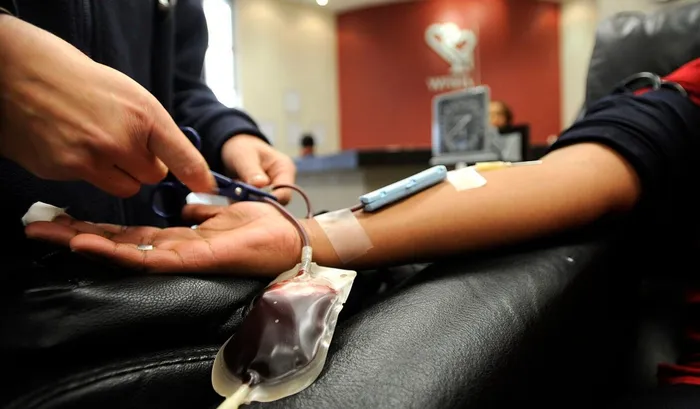Your guide to safe blood donation: When to donate and when to wait

The Western Cape Blood Service is appealing for people to donate blood.
Image: Independent Newspapers photographers
June marks National Blood Donor Month in South Africa, a time dedicated to celebrating and promoting the importance of blood donation across the nation.
Blood remains in constant demand for surgeries, trauma care, cancer treatments, and complications during childbirth, as it cannot be artificially produced.
According to the Western Cape government, every donation can potentially save up to three lives.
Once collected, blood is separated into red blood cells, plasma, and platelets. Each of these are used for different life-saving treatments.
While the process is quick, safe, and relatively painless, the number of active donors in the province remains critically low. Fewer than two percent of the Western Cape's population donate regularly, even though many more are eligible.
When is it safe to donate blood?
The Western Cape Blood Service (WCBS) encourages all healthy individuals between the ages of 16 and 75, who weigh at least 50kg and lead a safe lifestyle, to consider donating.
Those who meet the criteria are advised to eat a proper meal beforehand, drink plenty of fluids, and bring an ID to the donation site. After a quick health screening, the process takes around half an hour, and the body replaces the donated blood within a short time.
When shouldn't you donate blood?
However, not everyone can or should donate blood at all times. Anyone feeling unwell — even from a mild cold — or who has recently been on antibiotics, must wait at least a week after recovery.
People who have had surgery, a tattoo, or a piercing may also need to wait before becoming eligible again. Travel to malaria-endemic areas, pregnancy, recent childbirth, or certain sexual activities may also temporarily disqualify someone from donating.
These guidelines are in place to protect both the donor and the patient receiving the blood.
Need for particular blood donors
In addition to general shortages, there is a particular need for blood donors from underrepresented communities, especially Black African donors, whose blood types are vital in supporting the diverse population requiring transfusions. Blood types like O are especially in high demand, as they are used most frequently in emergencies.
IOL
Related Topics: